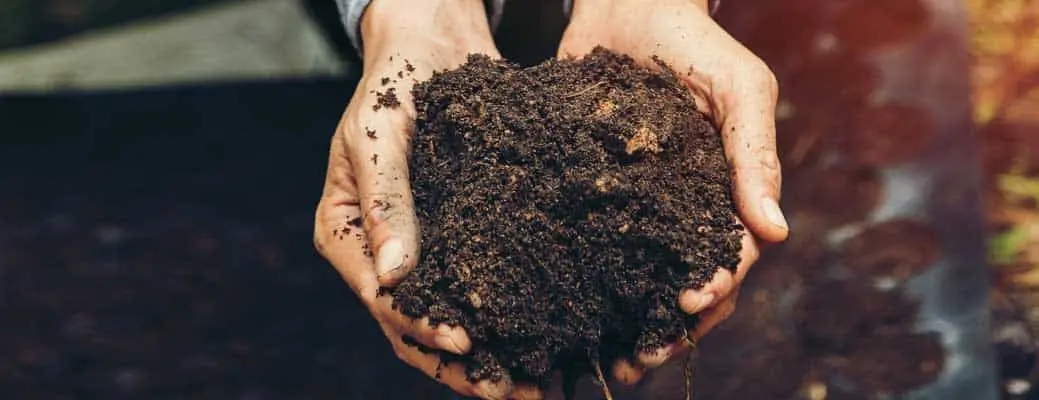The Farmer’s Guide to Agriculture Soil Testing


As the foundation for everything you grow, it’s important to know the status of your soil. Laboratory soil tests can help you develop your soil and increase crop production by providing information on available nutrient content. Soil testing in agriculture helps you select the correct kind and amount of fertilizer and liming material, ultimately improving your yield and protecting the environment all at once.
Much like a blood test helps us understand the health of our bodies, a soil test offers insights into the health and quality of your land. Understanding your soil can help:
Typically, soil tests should happen every 3 to 5 years, but you might need more frequent testing if manure is applied or if you are trying to make large changes in the soil. Aim to sample fields the same time each year to achieve accurate trends in the soil fertility. For cropland and vegetable production, it is best to collect soil samples in the fall. For pastures and perennial crops, you should sample during the late summer.
Before you begin to collect your samples, divide the areas you want tested by field or areas less than 20 acres. You’ll want to collect samples from different parts of each field. Using a random zigzag pattern across the sampling area, collect 15 to 20 individual samples at the required depth (usually 8 inches) to represent the “one” sample for that area. Place the samples in a clean plastic pail. After collecting and placing the 15 to 20 sub-samples in the plastic pail, pour the entire amount out on newspaper where the wet soil can air-dry. Once dry, place the sample in the soil testing bag, and don’t forget to complete the sample information form for sample identification, field history and planned crops.
Although sending a sample for a lab test may sound expensive, soil testing can be surprisingly affordable. A basic test will usually cost between $5 and $15 per sample. Costs can vary depending on your state, the lab and any additional things your soil is being tested for. It is recommended that you submit a soil test for each field, or in 20-acre increments. This traditional sample-and-send process may soon be made even easier as farm technology continues to evolve. Portable AI-based soil probes can measure soil nutrients and characteristics in real time, eliminating the need to wait for lab results.
Frequent soil testing helps farmers determine if their current management is negatively impacting future productivity and profits. Combined with local calibration data from university research, soil testing serves as the best guide available for determining nutrient needs for growing crops.
Soil testing can also:
Improve yields and profitability. Providing the right levels of nutrients can help increase yields and may reduce the need for intensively farming marginal land.
Soil sampling can also help the environment and minimize agricultural pollution. More efficient use of plant nutrients means fewer losses from leaching or runoff into waterways, and poorly nourished crops leave less plant residue to hold soil in place. Plant residue helps build soil and saves it from wind and water erosion.
Testing your soil helps you feel confident about the health of your crops. Contact your Farm Bureau agent to feel confident in your insurance.